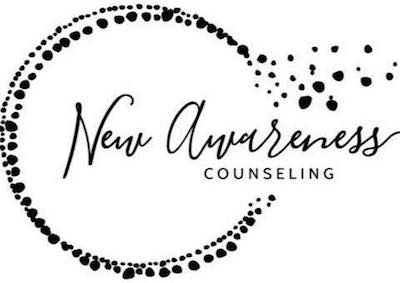A few years ago we had a family member who was dealing with some serious medical issues. One day in particular we found ourselves waiting to see if they might need to take a flight to get emergency surgery. I asked my husband to text me every hour to give me an update, even if he didn’t know anything. Imagine me being upset for 4 hours without hearing a thing.
My initial response was to call him up and yell something along the lines of “why in the world haven’t you called me?” (Okay, that is the PG version, but you get the point). I knew this would be the wrong thing to do because I still did not know what was going on and I knew it would be damaging to respond that way. This is when I decided to use some of the suggestions I give my clients.
One thing I ask clients to do is identify what story they are telling themselves, so I took a minute to ask myself. I quickly determined that I had convinced myself that “I am not important enough,” and that my husband hadn’t thought of me all day. When I said these things out loud I immediately knew they were not true.
The next thing I encourage clients to do is to make the most generous assumption they can about their partner until they have more information. So again, I had myself think of at least five reasons he didn’t call or text me. Perhaps he left his phone in the car, maybe he didn’t get reception in the hospital or he could have been in the middle of an emergency.
I would love to say I called him without feeling angry or hurt – but I was still upset. Slowing down and asking myself those questions allowed me to at least calmly and clearly express how I was feeling and what I needed in the future. It turned out that everything was okay and he had underestimated how important it was for me to be kept in the loop.
So the next time you find yourself getting upset ask yourself what story you are telling yourself. Is it true? What are the other options? I promise it will make you think again and likely discover that this is most likely not the case.
**These techniques originated from the work of Brené Brown.**

